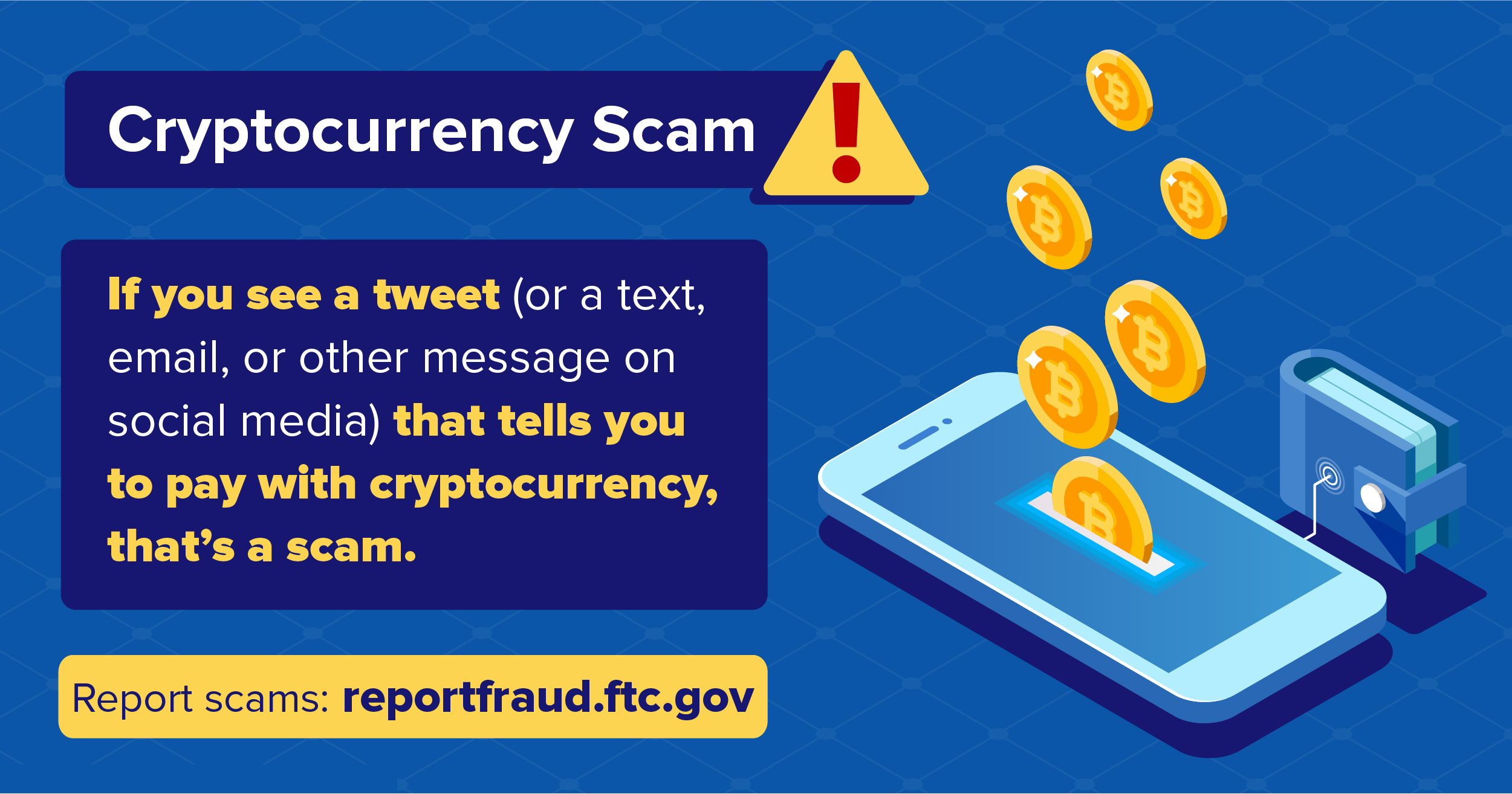Virtual currencies vary from traditional currencies like the Nigerian naira in that they are only available in electronic form. This translates to when you buy a virtual currency, you do not receive the paper format or coin that you can hold in your hands. Instead, you receive these in electronic units with a figure attached to it. They are a sort of unregulated digital currency that can be traded for traditional currencies or used to buy or pay for products or services that are usually provided online. There is no legal obligation on businesses, banks, or people to accept these as form of payments or exchange them for traditional currencies.
These forms of currencies are gaining momentum in today’s market as more companies and individual are using these on a regular basis to meet their needs, trading, and regular financial commitments. As with the high usage of every form of currencies, there are always the potential dangers of fraudsters relying on these new currencies and devising new ways to scam potential users.
These currencies are known to be controlled by the private sector rather than a centralized financial institution, such as the Central Bank of Nigeria in Nigeria, and as a result, there is no explicit regulation of these currencies in the legal and regulatory framework associated to the National Financial System, nor is there a body that regulates these currencies. This is often seen as one of the potential risks associated with virtual currencies as this is likely to lead to more money laundering activities and illegal purchases.
They are stored and transferred using special software, computer, or mobile applications, or dedicated digital wallets. Bitcoin, Ethereum, Litecoin, XRP, and other virtual currencies are examples.

Types of Virtual Currencies
1. Centralized: These currencies are known for having a central administrator, also known as a repository. The issuer of a virtual currency is usually the central administrator of that currency. XRP is a good example of this.
2. Decentralized: Decentralized currencies use a distributed system to authenticate transactions, and these currencies are built on the blockchain network. There is no central repository or administrator.
Bitcoin, Litecoin, and Ethereum are examples of these currencies.
Because of the lack of regulatory oversight and the ostensible anonymity that virtual currencies provide, fraudsters have been drawn to them as a means of perpetrating their crimes. Scams have increased in number and frequency as virtual currency prices have risen, indicating that more fraudsters are using it for transactions.
As virtual currencies have grown in popularity and attracted institutional investors, fraudsters have turned their attention to the virtual currency wallets of those investors. Furthermore, the increasing use of these currencies in the global market is seen as enticing to fraudsters looking to entice investors into various schemes such as Ponzi schemes.
![Virtual currencies: Bitcoin and beyond [infographic] | ATM Marketplace](https://nmgprod.s3.amazonaws.com/media/files/f5/3c/f53c13313be16043755c266ca2f6dff7/cover_image.jpg.760x400_q85_crop_upscale.jpg)
On the dark web, virtual currencies have been discovered to be used for transactions such as drug purchases.
The following are some of the types of scams that can be carried out with Virtual Currencies:
1. Traditional Theft: These currencies open new ways for thieves to steal. It can be done by stealing virtual currency wallets or sending emails containing compromising photos, videos, or personal information of people and threatening to make them public if not paid in virtual currency. People get less protection from companies when it comes to theft of virtual currencies – for example, you can rely on your bank when fraud happens on your bank account and if you are unhappy with the manner that your bank has treated your complaint, you have a regulated body you can refer this to. Because Virtual currencies are unregulated, you do not get the same form of protection when these happen, and you are likely to be out of pocket because of this.
2. Financial Crimes: These currencies’ international reach, instant transactions, and portability serve as a conduit for crimes such as money laundering, bribery, and tax evasion.
3. Ponzi Schemes: Scammers persuade people to invest in any currency in exchange for the right to recruit others into a scheme. Assuring that the recruitment bonuses will be paid in the currency as well. Due to the media and social media hype surrounding Virtual currencies, we are starting to see rise of more Ponzi Schemes across the world. We are seeing new companies offer large investment returns to potential new customers which usually never happens once new customers starts to invest.
4. Pump and Dump Schemes: False claims can inflate the demand for virtual currencies, allowing the currency’s dominant holder to make massive fictitious profits.
Fraudsters take use of these currencies’ decentralized structure to carry out unlawful transactions and operations.
Written by: Oreoluwa Adegoke, CFE